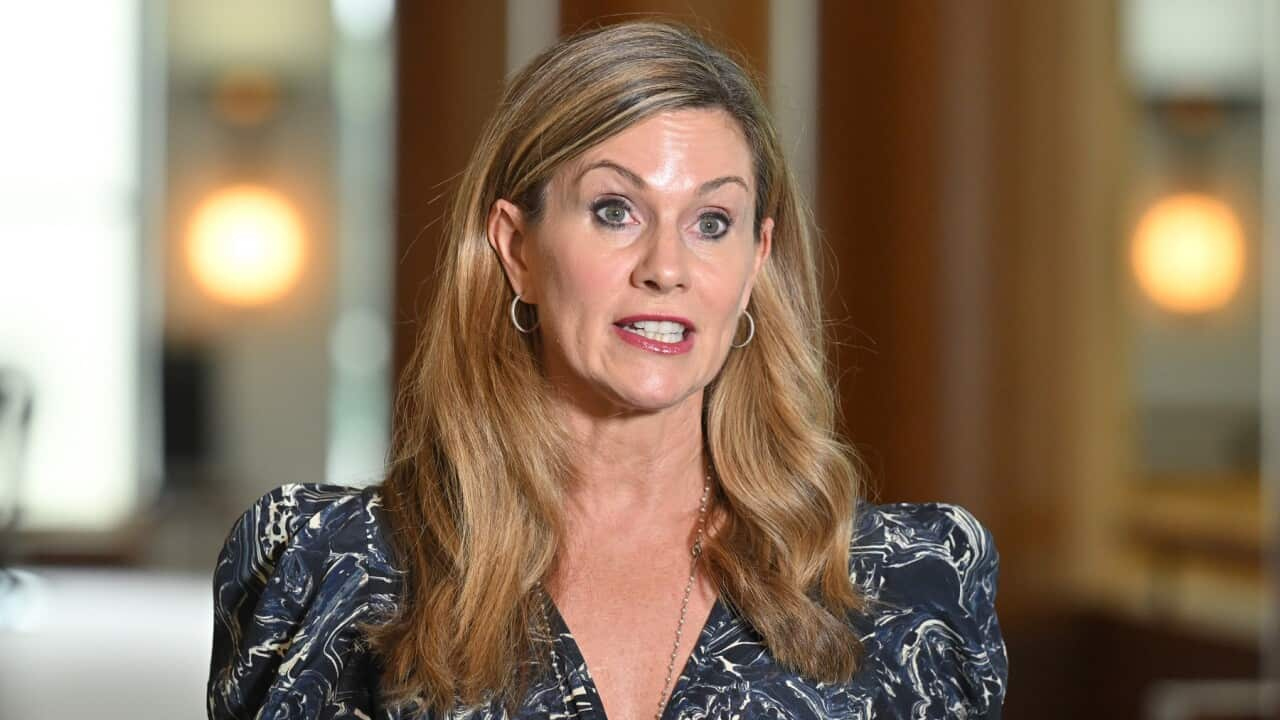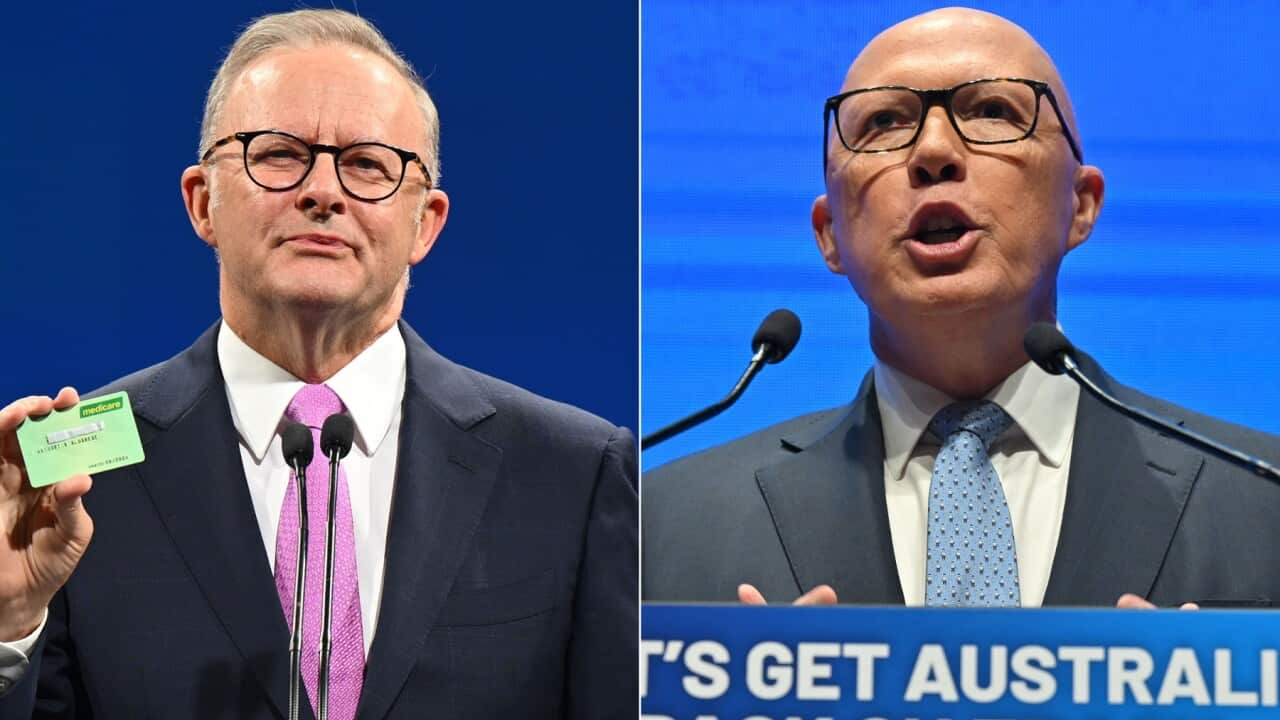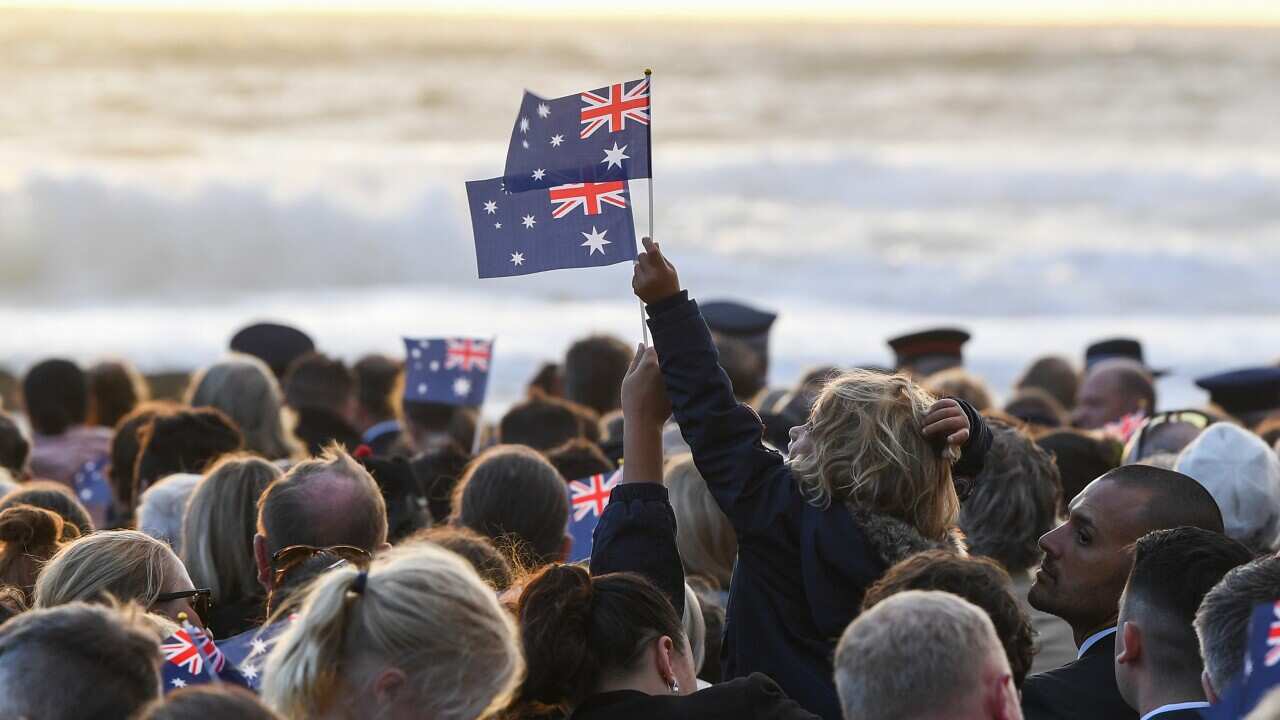TRANSCRIPT
Prime Minister Anthony Albanese government is trumpeting a new proposal to raise the minimum age minors can access social media platforms in Australia, saying this will be enforced with new technology.
"Social media can cause social harm. What we want to see, what I want to see and what parents want to see is them off their devices and onto the footy field, the netball courts, or in the swimming pool or the tennis court. But engaging with real people and having those real experiences."
And while most experts acknowledge that platforms like Facebook, Instagram and TikTok present a new frontier that can negatively impact the mental health of young Australians, some aren't quite convinced that the government's proposal will help.
Dr Rys Farthing, policy director at Reset.Tech Australia, says the risks of harm from social media use are real but banning young people from accessing it won't fix the underlying issues.
"I think on principle, anything that protects children and young people is good, and we've got to do it. But the real question here is, is this the best way to protect children and young people, and will this be effective?"
The law would put Australia among the first countries in the world to enforce an age restriction on social media.
Previous attempts, including by the European Union, have largely failed or found enforcement challenging.
Dr Farthing says some may see it as a leaping off point but she's not convinced it will meaningfully protect kids.
"There's a world in which it's a like 'yes, and?' It's like, yes, and make the platforms be safe. I don't even feel that way about it. I sort of feel like it's more like an 'okay, sure... and?' I just don't think, given the difficulties in implementation and given that it's actually just going to end up resting on parental consent, most likely, I don't think it's going to make that much of a difference, even in conjunction with comprehensive regulation. I'd love to be proven wrong though."
These challenges in implementation were highlighted by Australia's eSafety Commissioner Julie Inman Grant who, at a parliamentary inquiry in June, said she supports age verification for these platforms but believes we don't yet know if the technology is effective.
"eSafety has long advocated for age verification as part of a suite of measures to protect children from online content and conduct they are not ready for. But until these comprehensive age assurance systems are in place, implementation of social media age bans will be challenging to measure, implement and enforce."
She also warned that restriction-based approaches may limit young people's access to critical support networks.
The government's proposed restrictions would not come into effect until they are able to determine the efficacy of age assurance technology.
The government's $6.5 million trial into the technology is set to finish at the end of the 2024/2025 financial year, which means any law would likely not be introduced until after next year's federal election which is rumoured to take place in May.
Mr Albanese is yet to specify the age that young people would be able to access social media but says it would likely be between 14 and 16.
Dr Simon Wilksch, a Senior Research Fellow at Flinders University and an eating disorder clinician says he is happy to hear the government's proposal and would like to see the age limit raised from 13 to 16.
"I'm a strong advocate for raising the minimum age to 16. I come at this issue as a clinical psychologist providing treatment to children, adolescents and adults experiencing an eating disorder. There's research that tells us that since social media has come in, there's been a massive spike over the last 12 years. Now we're not trying to say that social media is the single cause of that, but it has certainly played an important role and I hear about that in the therapy room with parents who are tearing their hair out trying to deal with this issue. So, I'm of the view that the later the better when it comes to access to social media and I'm genuinely encouraged by the announcement of looking to increase minimum age."
The data he refers to here comes from Deloitte's 'Paying the Price' reports from 2012 and 2024 which shows, approximately, a 200 per cent increase in the number of children aged from 10 to 14-years-old with an eating disorder in Australia.
He also highlights a 2023 review of 50 studies in 17 countries that indicated that social media usage leads to "body image concerns, eating disorders and poor mental health via the mediating pathways of social comparison, thin / fit ideal internalisation, and self-objectification."
The federal government's proposal follows a similar one from South Australian Premier Peter Malinauskas.
His state government responded to a report authored by former Chief Justice of Australia Robert French on the potential harms social media brings to young Australians.
Their proposed law will look to have 14 and 15-year-olds banned from social media unless parental consent is given, with those aged 16 and up able to access it freely.
Dr Wilksch has criticised this approach, saying there should be a blanket ban until 16 to reduce social pressures.
"My one concern with that is that I think it will put parents in a difficult position with the 14- and 15-year-olds. I think some parents will of course prefer their child not to be on social media. Others might not be as informed and will allow their child to be on it. So, it'll still set up difficulties for schools and social situations with teenagers at school where some are on it and some are not. I would prefer one blanket system across the whole country and from what I know of the research and my experience helping people, 16 makes the most sense to me."
However, much of this conversation misses the profound benefits many young people have reported with social media access, especially those who are marginalised.
Dr Farthing of Reset Australia says when you talk to young people they paint a much more nuanced picture.
"When you talk to children and young people, they give you the same sort of mixed insights as the research finds. They will talk about 'Yeah, look, there are these aspects of social media that, gosh, I don't like them. They don't feel good, I don't feel great about them.' But then they also tell us things about accessing social media that's really useful for them, and that's really helpful for them in all of the ways that we're concerned about, whether it's access to education, whether it's access to support around mental health and guidance and these sorts of things. And the approach of just removing young people from it feels a little bit blunt and not quite nuanced enough."
And, while countries in Europe have found it difficult to enforce social media age restrictions, Dr Farthing praises the European Union's Digital Services Act for putting pressure on corporations to clean up their platforms for young people.
She says this kind of nuanced legislation should be the way forward for Australia.
"So, if you look at what Europe is doing, for example, with the Digital Services Act, they've implemented a whole host of reforms that require platforms to mitigate against all sorts of risks to minors. So, risks that happen to minors because of harmful content, risks that happen to minors because of targeting ads at them, risks that happen to minors because of inappropriate data collection and data use, risks that happen to minors because platforms introduce them to stranger adults. We see platforms changing and we see safety standards increasing in Europe, and European children enjoy those safety protections. But, we don't have them in Australia."













